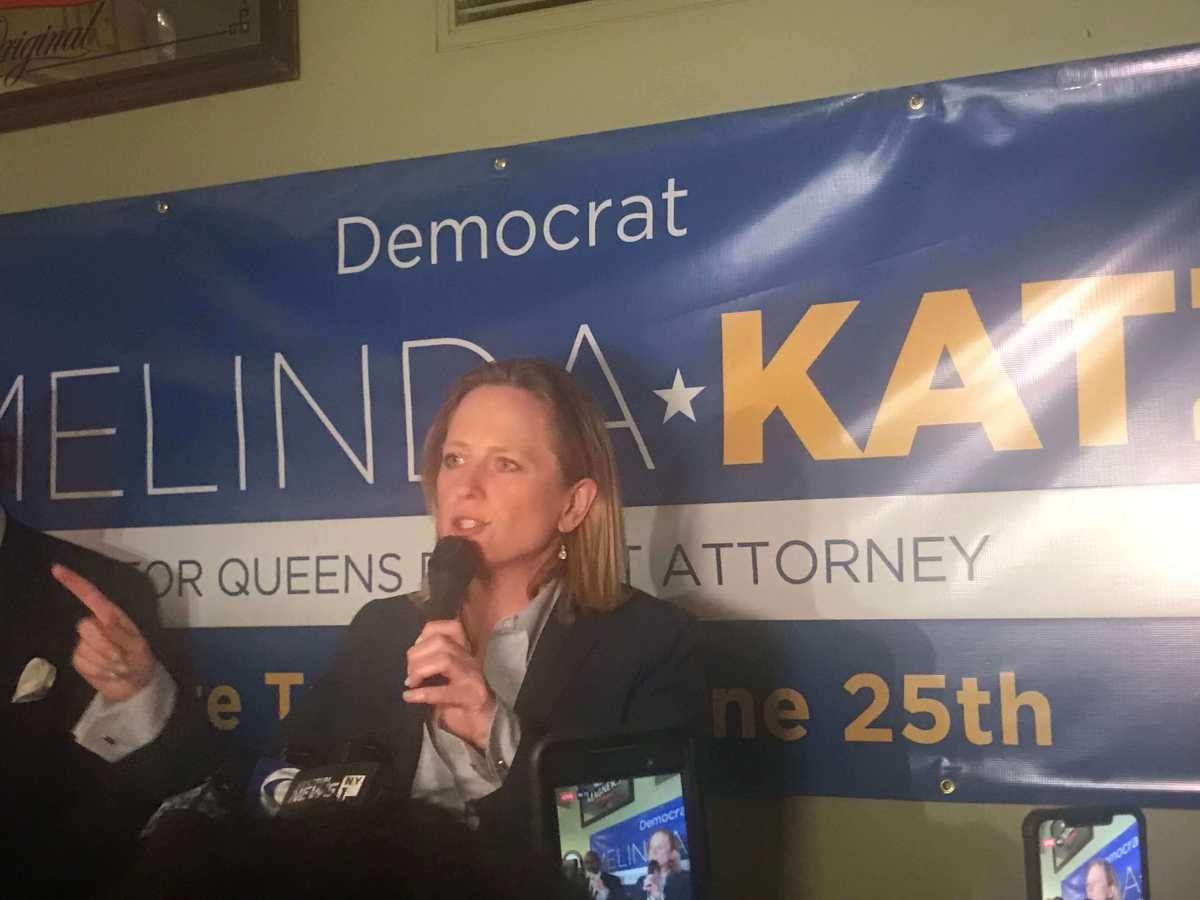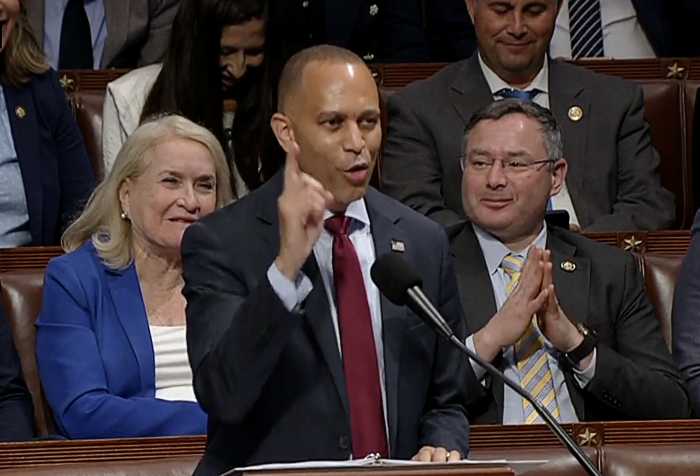As she prepares for her January 6 inauguration at Carnesecca Arena at St. John’s University, Queens District Attorney-elect Melinda Katz has completed an initial review of some of the long standing policies of the District Attorney’s Office.
In order to foster a new spirit of cooperation among all stakeholders in the criminal justice system, Katz announced that beginning Jan. 1, there will be a change in the so-called “180.80 waiver policy.” Under Section 180.80 in the Criminal Procedure Law, a person held has a right to have a grand jury hear their case within five days of arrest. This is to ensure that there is at least “reasonable cause” to believe that a person held actually committed a crime.
The Queens DA policy to date has been to refuse to engage in any plea bargaining discussions with any person who refuses to waive that right. Beginning with cases newly arraigned on Jan. 1, the DA’s staff will at all times be open to discussions aimed at resolving cases and will not withhold plea offers from persons who choose to exercise this statutory right.
In the same spirit, beginning with cases that are arraigned on and after Jan. 1, the existing policy of refusing to engage in plea discussions with persons who have been indicted by a grand jury will also be abandoned.
“The constitutional rights to make sure that you have a speedy grand jury to make sure you are indicted in a timely fashion,” Katz said Monday in an interview with Brian Lehrer on WNYC. “When you get arrested for a felony and you couldn’t get the grand jury within five days and you waived your right to have that, it really tied the hands of the attorneys to be able to plea, to be able to negotiate and to be able to talk about how we end up in a fair and just way.”
The level of evidence necessary to secure a grand jury indictment is a “reasonable cause to believe” that the person has committed the crime. Based on such a low standard of evidence, the rigid refusal to consider options other than a “top count” guilty plea or trial is inconsistent with Katz’s commitment to an open mind approach to case resolution that considers all possible dispositions of a case that will serve the ends of justice.
As additional policies are studied, they, too, will be subject to revision and in the event such changes are to be made they will be announced.



































